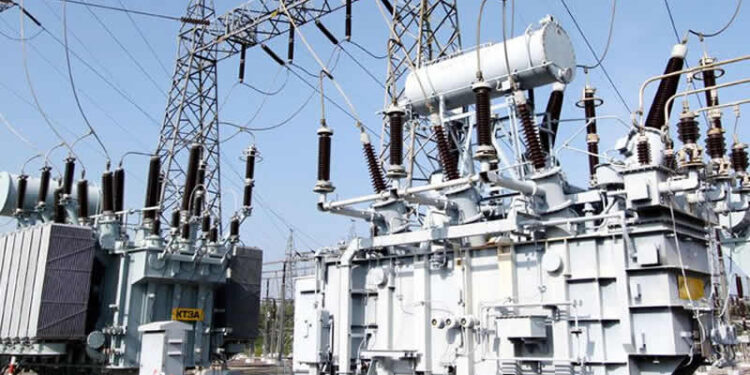ActionAid Nigeria has called on the Nigerian Electricity Regulatory Commission (NERC) and the Federal Government to halt the planned electricity tariff increment and uphold its values of transparency, fairness, and accountability by ensuring continuous consultation with the masses while protecting consumer rights.
In a press statement issued by the Communications Coordinator, Lola Ayanda, the Group decried the alleged resolution by the Nigerian Electricity Regulatory Commission (NERC) directing the 11 Electricity Distribution Companies (DisCos) to increase their tariffs from Wednesday, September 1, 2021.
ActionAid Nigeria posits that the increase in electricity tariff will further erode the purchasing power of Nigerian workers in formal and informal sectors and will further impoverish more Nigerians.
Speaking in Abuja, the Country Director, Ene Obi, said, “The increase in electricity tariff is not only ill-timed but insensitive to the precarious plight of Nigerians whose lean disposable incomes are already decapitated.
“ActionAid’s position is hinged on the premise that previous hikes in electricity tariffs had not translated to effective and regulatory strategies to manage the impact of such hikes on macro-economic indices affecting end-users that are currently economically crippled and trapped”.
She also reminded the Federal Government “that more than a hundred million Nigerians live below the poverty line”.
Obi noted that “instead of this tariff hike, NERC should compel all the actors in Nigerian Electricity Supply Industry to ensure increased efficiency in the power sector including managing energy loses to make erratic power supply a thing of the past as a way of boosting productivity and Nigeria’s GDP.
The group urged NERC to rescind this decision and ensure that the Nigerian Electricity Supply Industry improve its performance before considering a tariff increase.
ActionAid further stated that if the purported decision is not reconsidered, the cost of production of basic items produced in the country will increase. This may also lead to job losses in the already ailing medium and small-scale industries in Nigeria.
Investors who rely largely on the power supply will obviously not be able to break even. To remain afloat, they will have to shift the burden of the increased cost of production to the final consumers of their products and services in an economy already choked by inflation.

